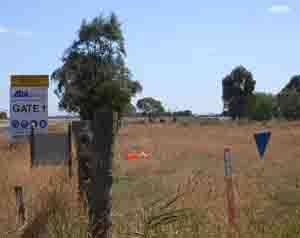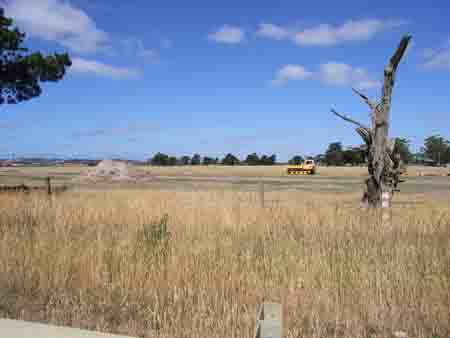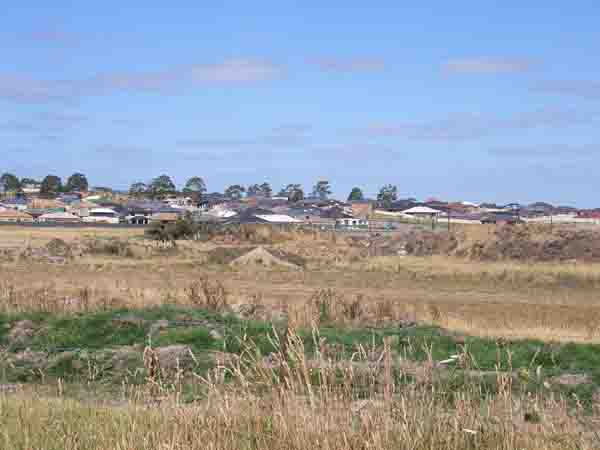 Nostalgic memories can be dismissed as invalid, but the facts beneath this strong emotion may reveal the true direction in which we are heading.
Nostalgic memories can be dismissed as invalid, but the facts beneath this strong emotion may reveal the true direction in which we are heading.

Many people yearn for earlier times in their lives, especially for childhood, provided they were protected and supported at the time rather than abused or neglected by the adults around them. The emotion “nostalgia” can colour memories in such a way that we lose objectivity or even accuracy. So is there any validity in a person’s memories about another era?
When we try to piece together how things must have been before any of us were on the planet we use public records and paintings, photographs, literature and people’s accounts. A first hand account may have been written contemporaneously, 10 years later or even 50 years later. To some extent, nostalgia could permeate anything not written contemporaneously. (On the other hand over catastrophising could permeate any account!) So how do we avoid the “contamination” of nostalgia?
Recollections of childhood can be tinged with nostalgia, perhaps for the state of childhood and the love of one’s parents. So how do we know in giving or receiving a rosy account if it was really better 40 or 50 years ago? Is it valid to test whether things were better in the past by imagining that one could revisit, as an adult, places from the past unchanged and imagine how one would feel? Would it still be nicer than it is today, even without our youth and all those dear long dead folks? If the answer is “yes” maybe there is a case for saying in a particular case that things were actually better in the past.

At the age of about 19 I read a book called Future Shock by Alvin Toffler which made a big impression on me. What stays with me about Toffler’s thesis was that he said the world is changing very fast, so fast that most people are disoriented by this and in fact suffer shock akin to the culture shock one may experience on visiting a place that is utterly different from one’s usual environs. He called this phenomenon Future Shock This book made a lot of sense to me as the main difference between a rapid change in one’s environment and visiting a completely different environment is the fact that distance is involved in the latter. Furthermore the culture shock from visiting a very exotic place is reversible by going home! One has some control! With future shock from a dramatic change in one’s immediate surroundings, one cannot escape by going home. The situation usually cannot be reversed and the sufferer has to really go through a grieving process for what is lost (the surroundings they were used to) and at best a gradual healing and acceptance.

In conversation recently the subject arose of what must have been an unfathomable trauma for the Australian Aborigines around Melbourne when the ships from Britain arrived and the people’s whole existence was over-run and annihilated in a very short time. Hopefully nothing like that happens in the future to the people of Melbourne that could ever compare in magnitude to that abomination! The life of the Aborigines went steeply and rapidly down hill in mere decades because of this invasion. If an elder of the Boonwarrung tribe had said to his grandson in 1860 that life had been idyllic when he was a boy and that they did not have to share their land with white people and it was dismissed as nostalgia would it be any the less true? There can be little argument that life 50 years earlier was a quantum of magnitude better for him and his people than in 1860.
People living now especially in first world countries with rapid population growth are accustomed to constant change. That is not to say they are immune to future shock but they are told that change, or “progress” or population growth are normal and to be expected Everyone would have heard the self comforting adage often expressed on the loss of something beautiful and treasured like a creek or a piece of bush land with a cornucopia of bird life giving way to a freeway or a housing development “Oh well that’s progress!’ People on the outer fringes of Melbourne (termed the “growth corridor”) see the countryside around them caving in to never ending housing concrete and bitumen. The pain of lost paddocks, lost natural areas, ruined creeks, lost wildlife is so immense that my friends there tell me they try to avoid driving near these once loved places.  They just don’t go there any more. Is this a situation of grief or immediate nostalgia? How does one reconcile oneself to the loss? Are we supposed to just forget what was there? If we keep the memory is it nostalgia? Which is in fact better, the ever expanding suburbs and connected by dark grey tar and hard edged concrete, or the paddocks, countryside and farms connected with the vagaries of country gravel roads? Does the unhappiness of those who lived there before it was transformed render their comments invalid?
They just don’t go there any more. Is this a situation of grief or immediate nostalgia? How does one reconcile oneself to the loss? Are we supposed to just forget what was there? If we keep the memory is it nostalgia? Which is in fact better, the ever expanding suburbs and connected by dark grey tar and hard edged concrete, or the paddocks, countryside and farms connected with the vagaries of country gravel roads? Does the unhappiness of those who lived there before it was transformed render their comments invalid?
If we lived in a place where population remained fairly constant would nostalgia figure so largely in our lives as a way of recollecting “the way things were” or would we only regret the normal and inevitable loss of the power of youth and the attrition of those we love over the years.
I don’t know because I have always lived in an environment that has changed rapidly. Of the houses I have lived in or known intimately, massive changes have overtaken them, a road though the back yard and the house demolished, neighboring houses expanded to the adjacent fence looming over me and views blocked by new buildings. The city where I live now is being re-built with old houses pulled down , gardens destroyed , earthworks boundary to boundary to provide cavernous holdings for cars, trees chopped down, the dreaded yellow notices on house after house warning of massive expansions. With unending high population growth our only certainty is continuing uncertainty and upheaval.

Comments
Suzanne (not verified)
Wed, 2011-12-14 17:20
Permalink
Oh, I can so relate to
Sheila Newman
Wed, 2011-12-14 21:23
Permalink
Like your page, Suzy.
Katie G (not verified)
Thu, 2011-12-15 12:34
Permalink
The story of a Melbourne suburb
CSI (not verified)
Fri, 2011-12-16 09:08
Permalink
Growth of housing units
Add comment